Hilaire Belloc was once being discussed on some television programme. One of the panellists was Peter Levi. The other critics expressed their doubts about the old boy. Levi leaned forward in his chair to say, with passionate intensity, ‘But Belloc is worth discussing… because he was… very nearly a poet.’
At the time, I thought this judgment a trifle snooty. Could the words ‘very nearly a poet’ not be applied to Levi himself? In the years since he died, however, revisitations of Levi’s work have convinced me that, uneven and florid as his poetry is, he was very definitely a poet. True, you can hear echoes of his masters in his verse – Valéry, George Seferis, Wallace Stevens. But he was what the title of this book claims — an Oxford Romantic, unafraid of being heroically pretentious, who stood out against the blokeishness of ‘The Movement’ .
You could not overpraise this book. It is so punctiliously researched, and so well written. It describes a loveable, fascinating character whose life was consecrated to art; and the consecration took fascinating twists and turns. Brigid Allen has unearthed the details with prodigious skill. The father, Bert Levi, had Sephardic forebears who sold carpets in Istanbul. The fervently Catholic mother, Mollie, persuaded Bert (who had been married before) to convert. Their three children all became members of religious orders — the daughter a nun, the two boys, Anthony and Peter, Jesuits. Peter was excited by the heroism of the Elizabethan martyrs and this, combined with his admiration for his teachers at Beaumont, was what led him to join the Society of Jesus.
How could such a funny, creative, accident-prone young man fit into the Ignatian straitjacket? He would eventually leave the order and marry the widow of Cyril Connolly, so you would think his belief in a priestly vocation was a mistake. Actually, both Levi and the Jesuits emerge well from this book. Though his superiors were sometimes exasperated by his behaviour, and delayed his ordination because they worried about his suitability for the priesthood, they gave him a pretty cushy ride. He was allowed to keep literary earnings, so he had cases of Berry Brothers claret delivered to Campion Hall in Oxford and ate out regularly in restaurants. He flew off to Greece whenever he liked, and wrote some very good books, because his superiors did not overburden him with teaching or parochial duties.
On the other side of the coin, Levi, who sidestepped the more trivial rules such as a ban on priests going to the theatre, was a chaste, obedient and serious priest who did what was required of him and who shared his mother’s faith quite sincerely — indeed fervently.
He was always in love, not only with literature, but with the literary life. He collected people. He hero-worshipped famous writers, one of whom was Cyril Connolly, and it was sort of inevitable that Levi and Deirdre Connolly should have fallen in love, and, after the death of the great critic, eventually married.
I met Peter Levi SJ in my first term at Oxford. The warden of my college had asked a handful of undergraduates to meet a handful of distinguished grown-ups. Elizabeth Bowen, Isaiah Berlin and Peter Levi were at the table. I had never encountered anyone like this tall El Greco priest who talked in quick-fire excitement about Alexander Pope. Levi was convinced that Pope had read Beowulf. ‘What makes you think he knew Old English?’ I prosaically asked. ‘He knew everything’, said Levi. One sensed immediately his fantastical brain bubbling into bluff.
I never really got to know him, though, until he had left the Society and married Deirdre, whose excellent cooking and warm love transformed the emaciated El Greco into a fat, jolly, tweed-waistcoated country squire in the space of about a year. I have never seen a married couple so rapturously in love as those two. They were very poor. Peter used to sell his ‘manuscripts’ to the Jesuit Boston College, and I remember once finding him in his kitchen, a bottle of champagne at his side, copying out his printed poems into notebooks, and adding corrections and crossings-out in his beautiful handwriting, to supply the generous Americans with authentic manuscript drafts.
Allen has told the whole story — from the suburban piety of Ruislip,through the priestly life, and into the marriage, with tremendous acuity and perception. The urge to be a poet was there from the beginning. She brings to life not only the famous people he encountered — such as the poor reclusive poet David Jones or the exuberant Bruce Chatwin — but also the many school and university friends whom he retained throughout life.
She also lovingly evokes his feeling for place, especially Greece. One of his great literary memorials will always be his translation of Pausanias. He followed in the footsteps of the 2nd century AD Greek travel writer and really knew whereof he spoke. Levi was a life-enhancer. He had what Belloc called ‘a spouting well of joy within, which never yet was dried’, and this joyous book celebrates and evokes that beautifully.
Got something to add? Join the discussion and comment below.
Get 10 issues for just $10
Subscribe to The Spectator Australia today for the next 10 magazine issues, plus full online access, for just $10.
Available from the Spectator Bookshop, £18.99. Tel: 08430 600033
You might disagree with half of it, but you’ll enjoy reading all of it. Try your first month for free, then just $2 a week for the remainder of your first year.

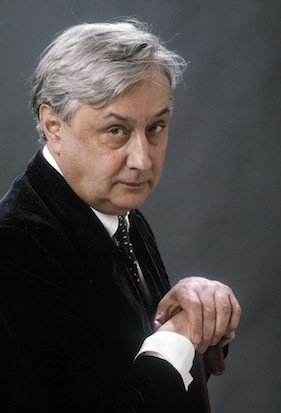
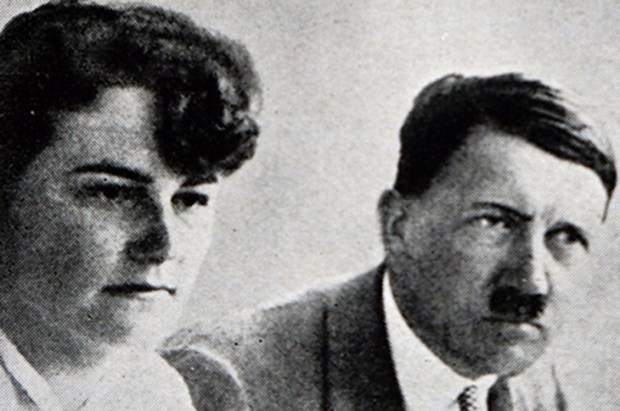
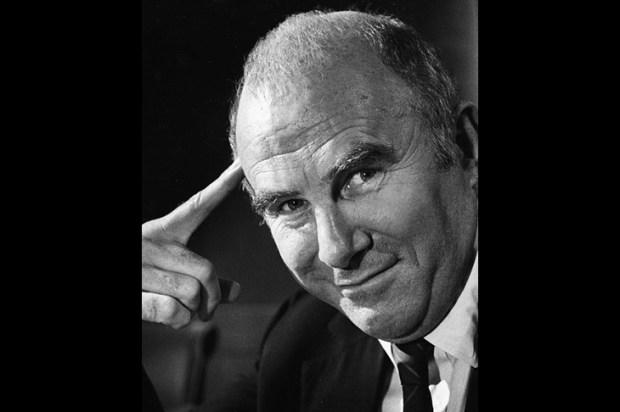
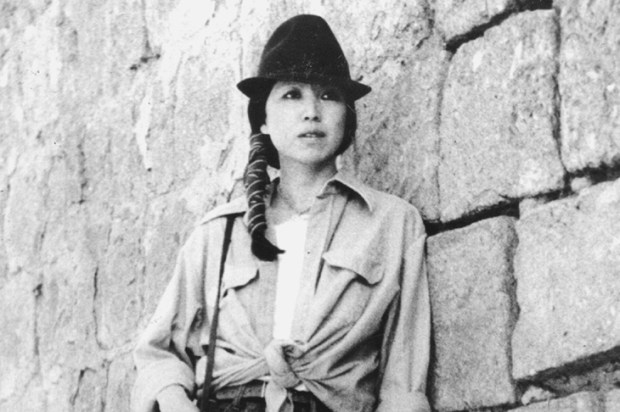

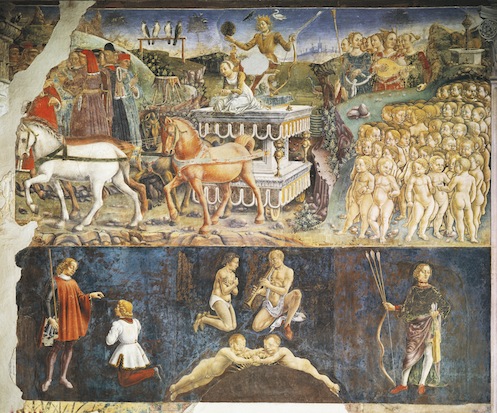
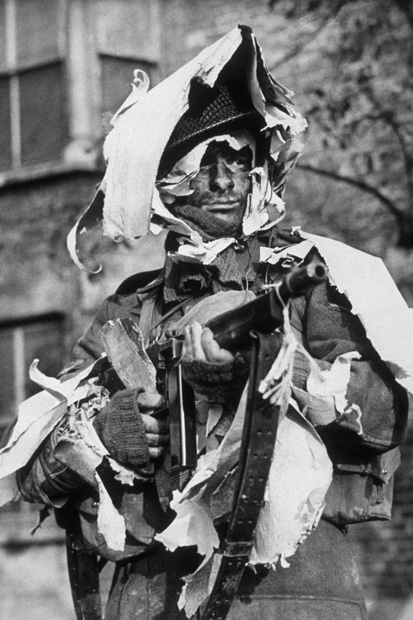






Comments
Don't miss out
Join the conversation with other Spectator Australia readers. Subscribe to leave a comment.
SUBSCRIBEAlready a subscriber? Log in